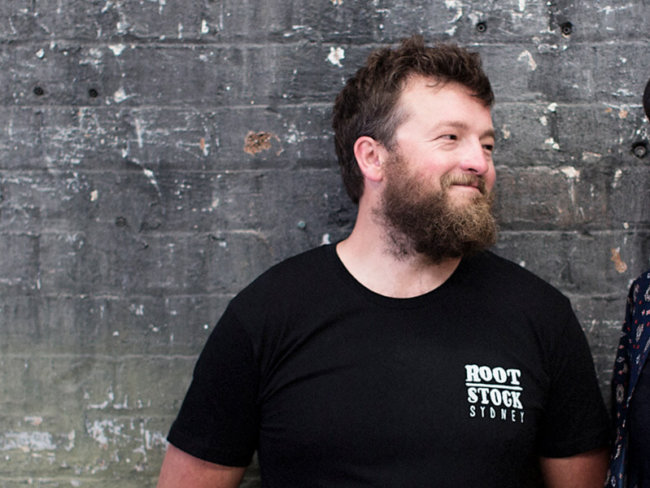Working out of the family winery, Angus Vinden has expanded on the traditional base his father established in the 1990s, both growing the classic Vinden range, as well as building his own wing to the portfolio with The Vinden Headcase. The latter is his outlet to create wines that sit outside the styles commonly associated with the Hunter today, but they are very much informed by the pioneering styles of light and medium-bodied, textural wines that made the Hunter famous back in the days of Maurice O’Shea et al. Vinden works both with Hunter flagship varieties for The Vinden Headcase, namely shiraz and semillon, including single-block bottlings, but also with chardonnay, gewürztraminer, tempranillo, gamay, alicante bouschet and pinot meunier, sometimes solo or in eclectic blends – his lauded rosé may include five varieties across eight ferments, for example.
With 20+ vintages to his name in the Hunter, as well seasons in various regions in Europe, you’d be expecting a few more wrinkles on Angus Vinden’s face. But the bright-eyed Vinden chalked up his first vintage by the age of seven, helping his father at the family property in Pokolbin. Somewhat later, Vinden studied viticulture at TAFE, alongside an architecture degree – as you do. The winemaking gig was always more of a hobby for the elder Vinden, with a more ‘sensible’ career actively encouraged for his son. The glassed-in deskwork wasn’t for him, though, and in 2014 his father offered him the role of managing the family property and growing it into something more substantial. A make or break offer, if you like.
Vinden, with his viticulture credentials and a young lifetime of hands-on winemaking experience, jumped at the chance. Along the way he has been mentored by sixth-generation grower Glen Howard in the Somerset vineyard, where they lease old vine blocks, and has worked closely with Dan Binet in the winery, but the success of both the classic line and the experimental diversion of the estate’s wines has rested firmly on the hard work of the younger Vinden. “I love making wine and looking after my vineyard, for me it is a lifestyle that is like no other; there is nothing else I would rather be doing,” he says.
Vinden farms in a way that would be described by the French as lutte raisonnée. A thoughtful approach that is responsive to the vineyard and conditions, rather than systemically managing it based on a recipe. Though not certified, this sees Vinden’s approach mirroring organics. In the winery, the making for The Vinden Headcase is similarly sensitive, with ambient yeasts employed and a responsive rather than prescriptive approach to making. Oak is all French, often neutral, and minimal sulphur is used at bottling.



